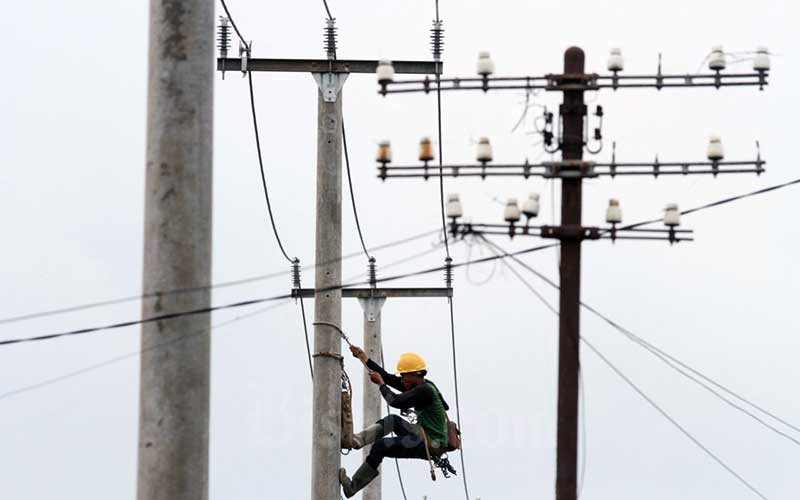[ad_1]
…says samples sent to lab for diagnosis verification
As investigations continue into the deaths of the Berbice siblings who died a day apart, health officials have sent samples to the lab for a diagnosis verification.
This is according to Health Minister, Dr Frank Anthony, who explained to Guyana Times on Friday evening that contrary to an earlier preliminary assessment, the children may not have died from dengue-related complications.
“At the time when I spoke with the media, the working diagnosis was that they died from complications with dengue. But after completing the post-mortem, the doctors are now thinking that it might not be dengue, it might be something else. But that something else we’ll only know after we’ve completed some tests that we sent to the laboratory,” the Health Minister explained.
“We’ve sent samples to the lab for a verification of the diagnosis,” he added. The results are expected some time next week.
Arianna Mohabeer, 9, died on Monday while her brother, Ricardo Mohabeer, 11, died on Sunday. They resided at New Area Canefield, East Canje, Region Six (East Berbice-Corentyne).
Rihanna Persaud, the children’s mother, had explained that her son had a fever for two days, and she was treating him at home, however, he became unresponsive on Sunday, causing her to rush him to the New Amsterdam Hospital.
But her son was pronounced dead on arrival.
Meanwhile, even before her son was rushed to the hospital, her daughter was already a patient there, having been admitted on Saturday, also with a fever. The mother said the hospital was initially treating her daughter for dengue.
But the girl died on Monday.
The 30-year-old mother, who has two other children aged 3 and 15, explained that her sister was often at the hospital.
The sister, the mother explained, related that before the girl died, health workers had given her an injection.
“My sister say the nurse come and give her an injection and then she start to flutter and she fall and my sister grabble her and called the nurse and showed her what happening. The nurse tell her to give my daughter something sweet to drink. From since they give she the injection, the child start getting more heavy fever and falling more sick. Then at the last, they tell me that with the bacteria it cause a lung infection and so fluid in her lung and if it keep coming up, it could cause difficulty breathing which could be life-threatening,” the mother related.
In a statement on Thursday, the Ministry of Health said that it was while preparations were being made to transfer the little girl to the Georgetown Public Hospital, the child suffered cardiac arrest and died in the Intensive Care Unit.
The statement noted too that the boy was brought into the hospital on Sunday, with no sign of life. Nevertheless, the Ministry had committed to a full investigation into both incidents.
Third death
Meanwhile, another child from Berbice, eight-year-old Naiomi Raghu of Number 62 Village, Corentyne, Berbice, died on Wednesday at the New Amsterdam Hospital.
The child’s father, Chandeker Raghu told the media that his daughter was being treated for dengue. The child’s symptoms included diarrhoea, vomiting, and fever.
But Dr Anthony says this death may have nothing to do with dengue, adding that the matter is under investigation. “The other child in Berbice, it has nothing to do with dengue…,” he said.
Seek medical help
Meanwhile, the Health Minister has explained that authorities were working assiduously to combat the presence of mosquitoes in various regions.
Earlier this month, regional health authorities in Region Six had complained about a mosquito infestation in the region and had called on the central government for help.
Regional Chairman David Armogan had argued that there were only two fogging machines in the region and that was not enough to battle the mosquito infestation.
“I think we probably would need more fogging machines in light of the regularity at which these mosquitoes have been infesting the region,” the Regional Chairman had expressed.
The Health Ministry has since sent help Dr Anthony told this publication on Friday.
“We’ve had the Vector Control Unit send people up there to help them to increase fogging, also to distribute Abate. Abate is a chemical that is used in water so that you prevent breeding sites from happening, so we’ve been giving them that type of support,” he said.
Moreover, in an interview with reporters earlier in the day, he had assured that there was no need for public panic and no need for parents to keep their children home from school. “There’s no need to do that, dengue is transmitted by mosquitoes, what we have to do is ensure we control the mosquitoes,” he told reporters.
He further explained that with dengue fever, “there’s no specific treatment. We treat symptomatically…” In this regard, he is pleading with persons who develop a fever to “don’t just wait at home”.
“With any child or any person, if you have a fever or any symptoms, please come to the health centre or the hospital so that we can make a diagnosis,” Dr Anthony said.
Dengue stats
Updated statistics on dengue fever in the country are not immediately known. However, this publication has been informed that for the week of April 7-12, several cases have been recorded nationwide.
Five cases were recorded in Region One (Barima-Waini); four cases in Region Two (Pomeroon-Supenaam); two cases in Region Three (Essequibo Islands-West Demerara); four cases in Region Four (Demerara-Mahaica); one case in Region Five (Mahaica-Berbice); two cases in Region Six (East Berbice-Corentyne); three cases in Region Eight (Potaro-Siparuni); 15 cases in Region Nine (Upper Takutu-Essequibo); and six cases in Region 10 (Upper Demerara-Berbice).
Meanwhile, for the year so far, two dengue-related deaths have been recorded.
In August last year, two children – aged 9 and 11 – died from dengue fever at the Georgetown Public Hospital.
During the same period, the Health Ministry had reported that there were some 2169 confirmed cases of dengue in the country, and over 200 patients were hospitalised. Moreover, as of August 2023, 11 dengue-related deaths were recorded for the year.
Dengue
According to a January 2024 World Health Organisation (WHO) report, “dengue has become a growing public health concern with approximately four billion people in 130 countries identified at risk of infection. Since the beginning of 2023, the world has been facing an upsurge of dengue cases and deaths reported in endemic areas, with further spread to areas previously free of dengue. More than five million dengue cases and over 5000 dengue-associated deaths have been recorded across all six WHO regions.”
In March of this year, the Pan American Health Organisation (PAHO) warned about the surge in dengue cases in the Americas. As of March 26, 2024, over 3.5 million cases and more than 1000 deaths have been reported in the region.
Read More Interesting Content
[ad_2]
RPT





